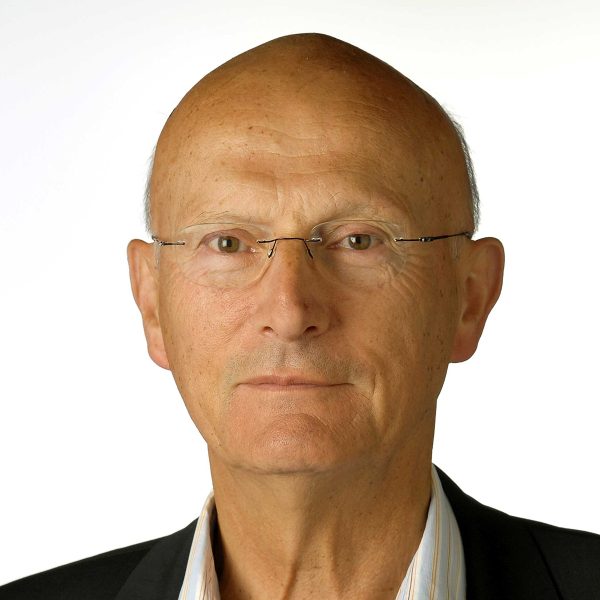
Rolf Thauer, born 1939 in Frankfurt/Main, is Emeritus Professor at the Philipps-Universität Marburg, where he taught Microbiology from 1976 – 2005. From 1991 to 2007 he was one of the Directors of the 1991 founded Max Planck Institute for Terrestrial Microbiology in Marburg. After his retirement as a Director end of 2007 he continued to work at the Max Planck Institute as a senior research group leader until end of 2014. Since then he is Emeritus Professor at the institute. His main scientific interest is the biochemistry, physiology and ecology of strictly anaerobic microorganisms with a focus on their energy metabolism. His group was involved in many discoveries amongst others that anaerobic bacteria and archaea require nickel for the synthesis of hydrogenases, carbon monoxide dehydrogenase and methyl-coenzyme M reductase, that coenzyme F430 in methanogenic archaea is a nickel tetrapyrrole, that CO is an intermediate in CO2 reduction to acetyl-CoA in acetogens and anaerobic chemoautotrophs, that methanotrophic aerobic bacteria use cofactors and enzymes previously thought to be specific for methanogenic archaea and that endergonic and exergonic redox processes in anaerobes can be coupled by a novel mechanism dubbed flavin-based electron bifurcation. For his work he received numerous awards (Warburg Medal 1984, Leibniz Preis 1987, Carus Medal 1992, Marjory Stephenson Prize Lecture 1998, Gauss Medal 2008, Leopoldina Merit Medal 2013, Lwoff Medal 2015) and honors (Honorary doctor degrees from the ETH Zürich 2001, University of Freiburg 2007 and University of Waterloo 2007). Since 1984 he is member of the German National Academy of Science Leopoldina, who’s Presidium he was member of from 2005-2010 and since 2018 he is member of the American Philosophical Society.